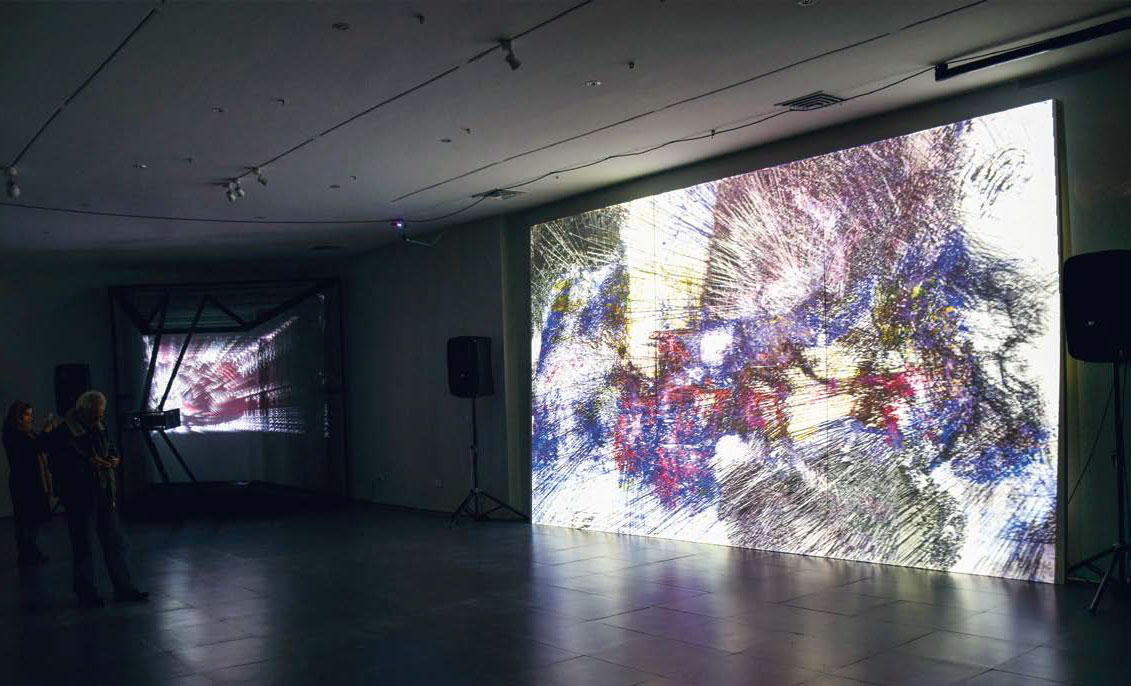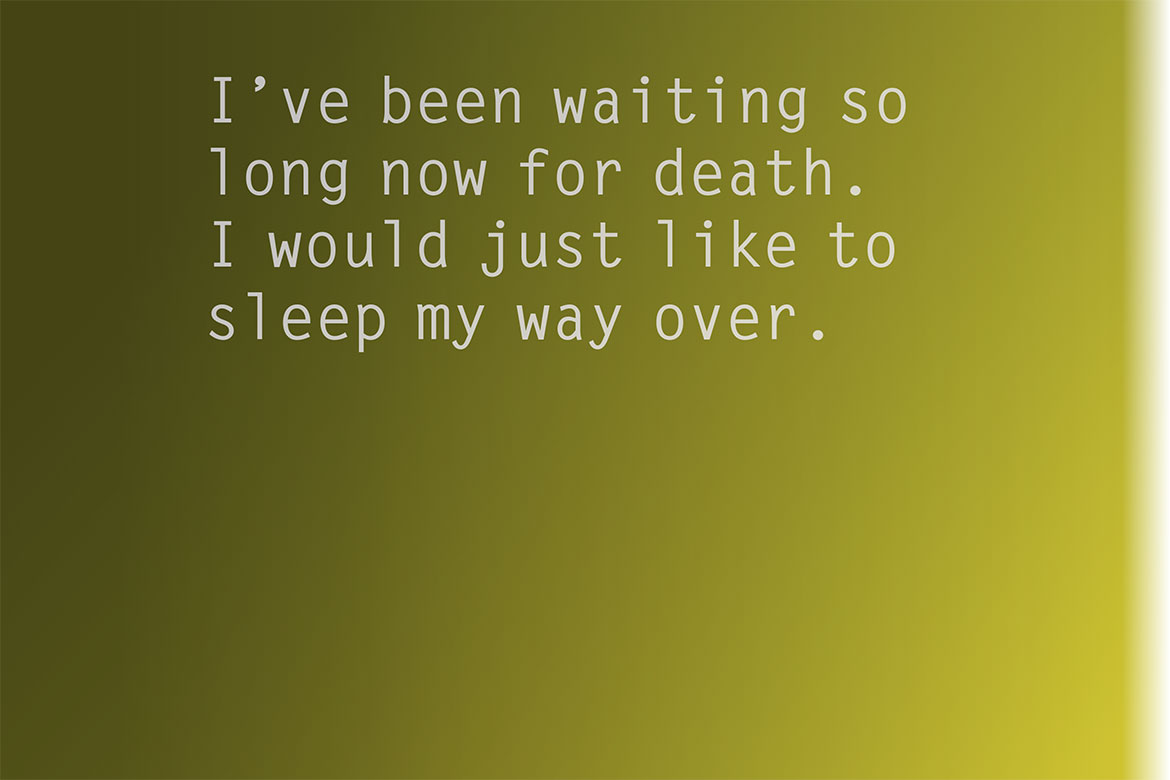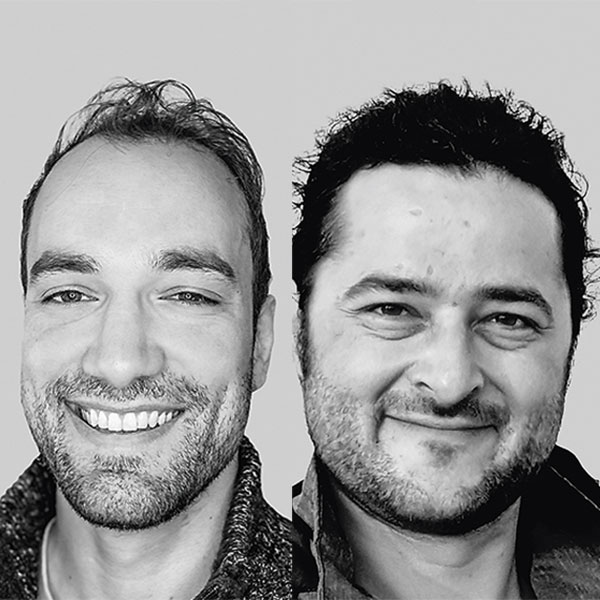Standpoint
“Science cannot be our priority”
With the help of artificial intelligence, EPFL is set to make its scientific knowledge available to the fledgling online newspaper Blick Romandie. Its editor-in-chief explains.

Michel Jeanneret wants Blick Romandie to focus on innovation at EPFL. | Photo: zVg
In May, EPFL announced a joint project with Blick Romandie in which the fledgling online newspaper will have access to all EPFL publications and publish columns by its professors. Blick also wants to use artifical intelligence to simplify texts, and their competitors fear a loss of journalistic independence. We here offer the response of Michel Jeanneret, editor-in-chief.
You don’t have any science journalists on your staff. Is this why you have entered into a partnership with EPFL?
It’s true we don’t have any science journalists as such. But two staff members are trained scientists and so are able to understand the material and prioritise the information correctly. Given our limited resources, science cannot be our priority. But we would like to have more scientific content. This is also why we are working with EPFL.
What do you stand to gain from this collaboration?
Provision of scientific information and easy access to EPFL experts. Its communications team does an excellent job, but the articles produced are intended for an expert audience and need to be placed in a broader perspective. We will therefore have to provide that further context where necessary, and to treat articles critically.
Will you indicate this partnership in each article?
Of course. I want total transparency. That’s what provides readers with the benefit of distance. I’d like this to be the case in all media. By taking up the output of communications departments, we’re simply doing officially what other media do without making such a declaration. In that respect, the criticism levelled at us is unfounded.
Will you take up the press releases of the other French-speaking universities?
Not at the moment. The president of EPFL, its head of communications and I have been in contact for years: this partnership is a trial run allowing us to cover topics like start-ups and innovation, which I find very interesting. This would be less the case with the fields of other universities, the humanities for example.
And by using artificial intelligence, do you hope to replace journalists?
Of course not. It is above all a thought process we are carrying out with a view to bringing science closer to the general public. EPFL has the intelligence; we have the content. It’s an interesting basis for working together and something that each institution will be able to use while respecting its independence.




